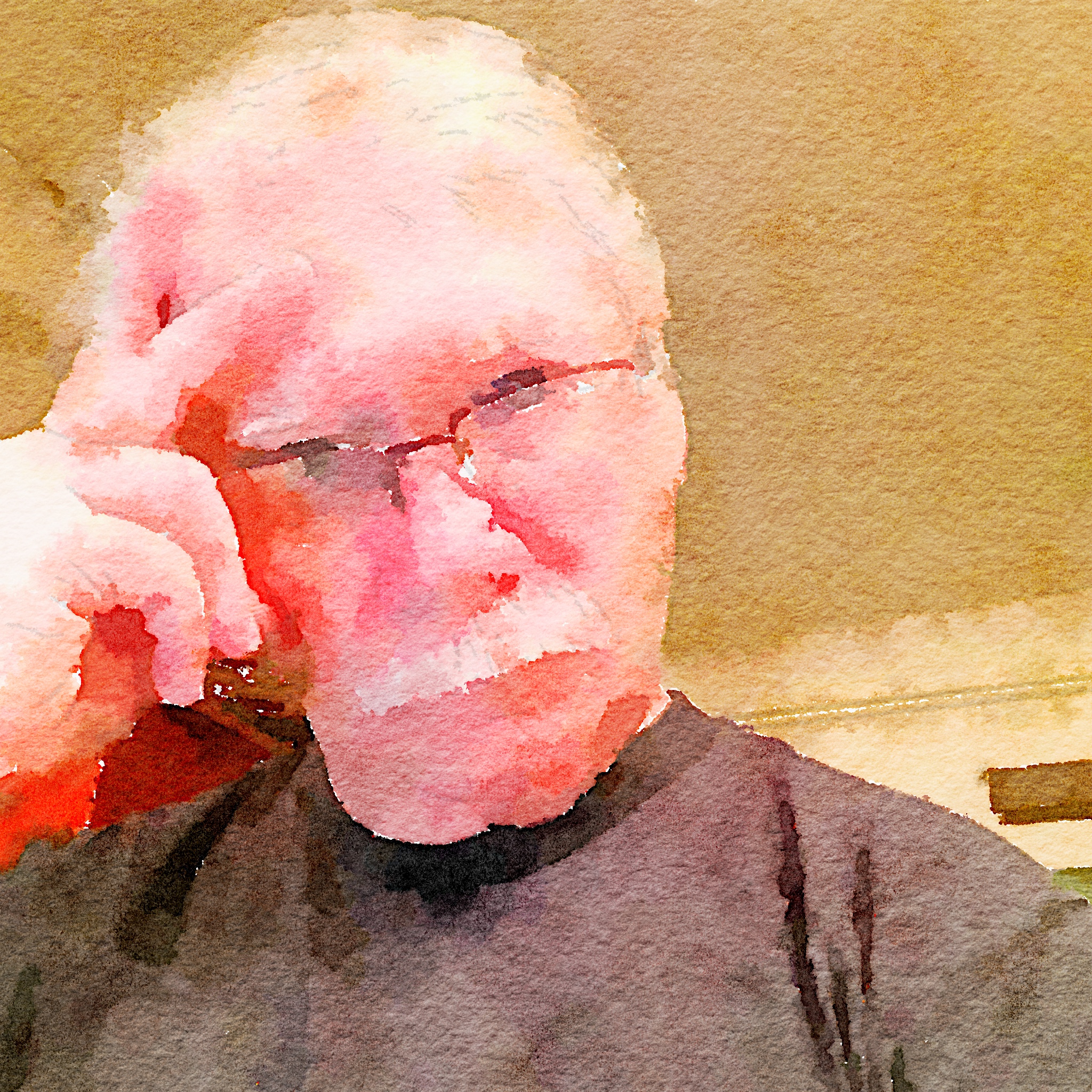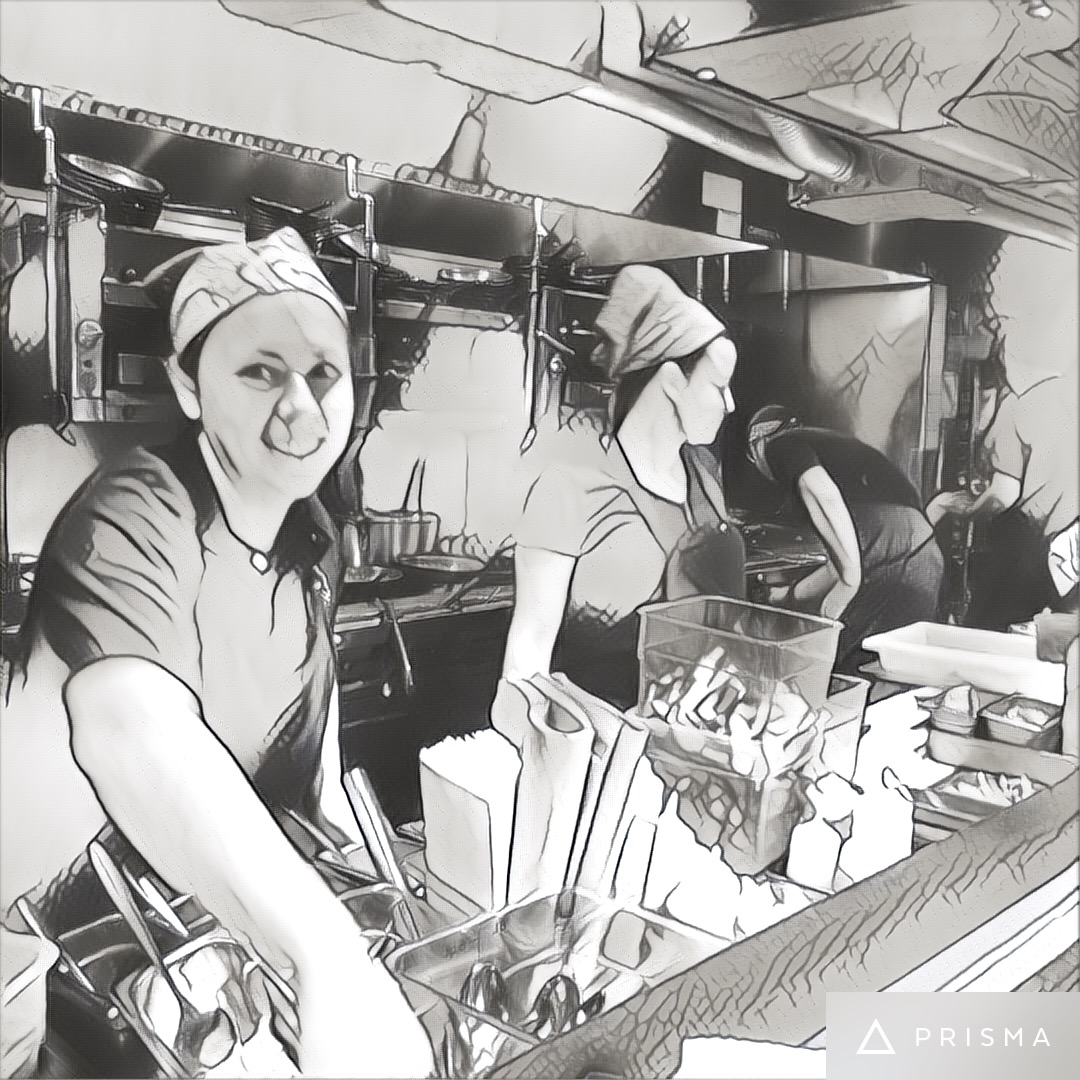
Breathe in – breathe out. Fill your lungs and then slowly exhale. To breathe is to engage in a process unlike a breath – which is a short moment in time. We breathe to cleanse our soul and to refresh our heart, to take time to reflect and put aside our anxiety, to pause and think more clearly, to contemplate the bigger picture and to start anew as an individual or part of a group. Our daily breath is a moment in time – our daily breathe is a process of being alone/together and take a step in a different direction, to think differently and to become open to the possibility of change.
A breath is a short moment that is in control. A breath happens hopefully on its own – we take a breath to survive, we gulp in air and fill our lungs with oxygen, a gas that is transported through the respiratory and circulatory systems via the lungs and blood vessels – this gives color to our skin, allows our heart to beat in rhythm, gives us the ability to think, to move, to react, to see, to hear, and to sense what we touch. One breath is followed by another- until we are comfortable that it will occur automatically without pause. When we struggle for that breath we open the door for fear to override everything else. All that we can focus on is finding that next breath. When panic strikes around that next breath then nothing else matters.
When we breathe we become at ease for we are in control, to a degree, of all processes. A deep breathe process fills the lungs with hope and strength and a slow exhale allows the trials and tribulations of the moment to pass with it. This is a conscious cleansing process that puts the mind at ease, allows the heart to find a relaxed pace, and clears the system of fear and anxiety.
Our current situation is ripe with fear and anxiety. Fear of the unknown and anxiety that stems from a sense of helplessness. “What will happen next, how will I take that next breath, what can I do to prepare, and what will I do if the virus strikes?” In this situation even a healthy next breath can feel raw and uncertain. This is a time to train yourself to breathe and think more clearly.
Chefs depend on their ability to stay ahead of situations, to be in control, to think clearly and depend on past experience to find the answers. Cooks and other kitchen employees depend on the chef’s ability to plan effectively and problem-solve when need be. When there are too many unknowns for the chef to feel as if he or she is in control, then either chaos or hopelessness ensue. To a degree – this is where we are. There are far too many unknowns, far too much uncertainty, far too many things out of the chef’s control for there to be any semblance of calm and confidence. Chefs and those around them are worried about taking their next breath – they are living in the precise moment-to-moment world where certainty and resolve are replaced with fear and anxiety. So – what can a chef do?
Here are some thoughts:
[] BREATHE MORE THAN YOU TAKE A BREATH
Remember when you focus on the “breathe” process you will be able to push aside much of the anxiety, think much more clearly, relax, analyze, and shift to an effective action mode rather than a reactive one.
[] TAKE A STEP BACK AND LOOK AT THE BIGGER PICTURE
The first inclination is to immerse in the crisis of the minute and react to what is thrown at you (and there will be a limitless number of challenges that hit you in the face), but progress will only come from your ability to train others to be decision makers and for you to invest the time in planning for a brighter future – eliminating further problems from occurring rather than simply reacting to them when the take control of your time.
[] RELY ON YOUR FOUNDATIONAL SKILL SET
Never lose sight of the fact that you have a significant skill set that can be relied on. Your skills are why you are in the position that you currently hold. You are an exceptional cook, a communicator, a planner, a problem solver, a team builder and a business savvy chef with an entrepreneurial spirit. Fall back on those skills and many of the in the moment crisis situations will find their match.
[] REFLECT ON YOUR EXPERIENCES
Skills are essential, but it will always be your experiences in applying those skills that allow you to be viewed as a leader and a problem solver. Learn from your mistakes, and hold on to your successes – they will continue to serve you well through any crisis.
[] SHARE WITH OTHERS
You are not alone. Every other restaurant owner, manager, and chef is facing the exact same challenges that you are. Don’t ever assume that you must bear all of the weight of a crisis, nor should you ever assume that you must have all of the answers. Talk with other chefs and operators, share your challenges and ideas, and don’t shy away from asking for help.

[] RELY ON YOUR TEAM
Every chef understands that the success of a restaurant is in the hands of the team that he or she is able to put together, train, and support. This team makes it possible for you to hold a position of merit so make sure that you include them in finding solutions to the challenges that this crisis brings.
[] STRATEGIZE AND SCENARIO PLAN
You cannot afford to live in the moment. Remember – BREATHE rather than simply look for your next breath. Build a series of strategies for the transitions ahead. How will you deal with that initial soft opening with loads of restrictions, how will you transition from that phase to one with more significant customer numbers and greater demands on menu and service, and how should the restaurant be perceived once the world returns to some level of a new normal? None of this should be a surprise – plan for it. Work through a limitless series of “what if this happens” scenarios and design a solutions based approach that can be quickly implemented if necessary. Remember – don’t leave the door open for too many surprises.
[] KNOW WHAT YOU DON’T KNOW AND SEEK HELP
Self-assess while you are taking the time to breathe, identify where your weaknesses are and find ways to either build a skill set to address the weakness or plan on hiring the right people to complement what you offer.
[] DON’T HOLD THINGS TOO CLOSE TO YOUR VEST
Share your frustrations, concerns, fears, and lack of confidence with others who are good listeners and who have the potential to point you in the right direction. The worst thing to do is to hold these uncertainties inside and try to pretend that you are in control. There is no shame in asking for help, for seeking words of advice and encouragement, or simply talking things through.
[] ACCEPT THAT MISTAKES WILL BE MADE
Chefs hate to admit that they are not able to approach a certain task, admit that they are wrong, or reveal their weaknesses in decision making that lead to mistakes. EVERYONE MAKES MISTAKES – own up to them, find out why things went wrong, seek help and/or corrective action, and move on. Don’t let it eat you up.

[] THINK, DECIDE, RECORD, SEEK FEEDBACK, ANALYZE, CORRECT
Know that moving forward this six-prong approach towards managing and leading your team is a surefire way of setting the stage for success. Print these six steps in large font and post them on your door as a reminder. This is what solid managers and great leaders do.
Breathe new life into this challenge and regain control over the situation currently faced – this is the only way that you will find peace.
PLAN BETTER – TRAIN HARDER
Harvest America Ventures, LLC
We are in this together
Restaurant Consulting
www.harvestamericacues.com BLOG
(over 600 articles that are there for your benefit)

Leave a comment